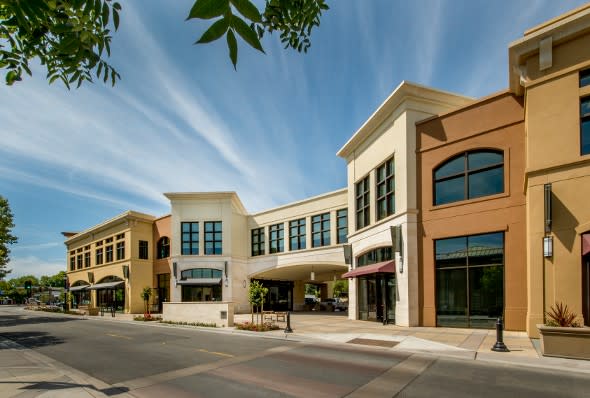6 Types of Commercial Real Estate Investments

Incorporating real estate into your portfolio is a smart move if you want to diversify and include some insulation against market volatility. Investing in commercial real estate can offer you the opportunity to realize some significant returns, but it’s best to know as much as possible about a property before investing in it. If you’re ready to become a commercial real estate mogul, here’s a quick rundown of how different property investments compare.
1. Land Investments
Investing in raw land can be extremely lucrative for an investor who understands the market. There are several ways to make money with land. If you own farmland, for example, you could allow local farmers to use the land to grow crops or raise livestock.
If the land is wooded, you could allow logging companies to harvest the timber on the property. You can also buy and hold a piece of land, with the intention of selling it to a real estate developer later on. With the first two options, the financial payoff is more immediate but if you can find the right developer, you could end up with a nice profit from the third option.
2. Office Buildings
Office space is often in demand in cities big and small. If you live in a major metropolitan area, for instance, you could invest in a high-rise with multiple office units. If you live in a quieter town, you could opt for a medical office with a single tenant. The upside of investing in office space is that tenants may sign long leases, making it easier to project future profits.
3. Retail Space

Investing in retail space is similar to investing in office space in terms of the way you can make money. One important thing to consider when investing in retail space is location. If you’re investing in a strip mall with a dozen units, for example, it’s best to make sure the area has a steady stream of traffic. Otherwise, you could have units without tenants, which can drag down your profit margin.
4. Storage Units
Storage units don’t exactly sound glamorous but there’s definitely money to be made with this kind of real estate investment. You don’t have to invest in a large market either. Even small towns can have multiple storage facilities. Again, the key to predicting profitability is location in addition to local competition.
5. Multifamily Housing
Multifamily housing is a complicated way of saying apartment buildings. Even though these are residences for the people who rent out the units, they still fall under the category of commercial property. With the high demand for rental units and increasing rental prices, investing in an apartment building can generate a consistent stream of income for investors.
6. Industrial Property
Industrial property can mean lots of things – warehouses, manufacturing facilities, research facilities and the like. With these kinds of properties, it can be more difficult to gauge demand and you might have to look at the broader market to get a feel for how easy it’ll be to find tenants.
Choosing a Commercial Real Estate Investment

Each type of commercial property has different risks and rewards. When you’re comparing properties, it’s a good idea to ask yourself some questions. How much income do you expect the property to generate? How long do you want to hold the investment? How hot is the market for this type of property? How much risk are you comfortable with?
The more research you do beforehand, the better your chances of succeeding as a commercial property investor.
Photo credit: ©iStock.com/PPAMPicture, ©iStock.com/alacatr, ©iStock.com/fatihhoca

 Yahoo Finance
Yahoo Finance 